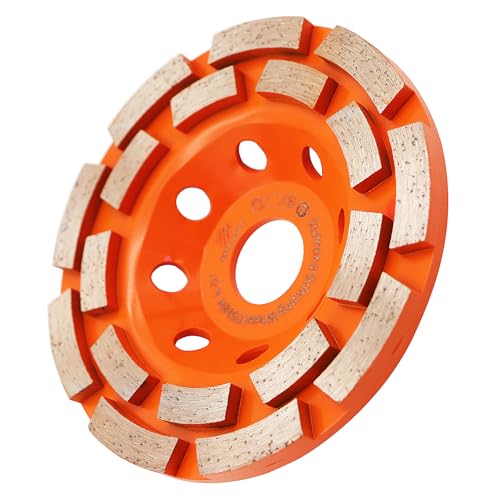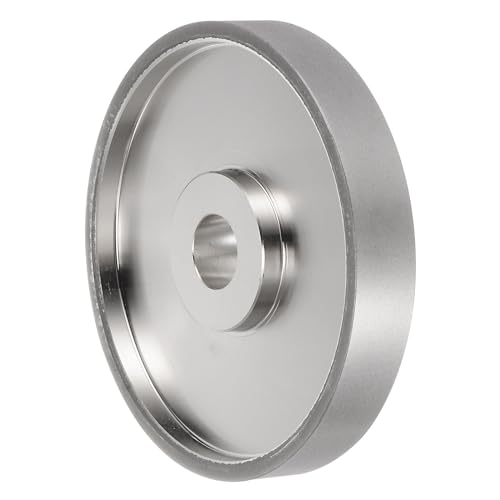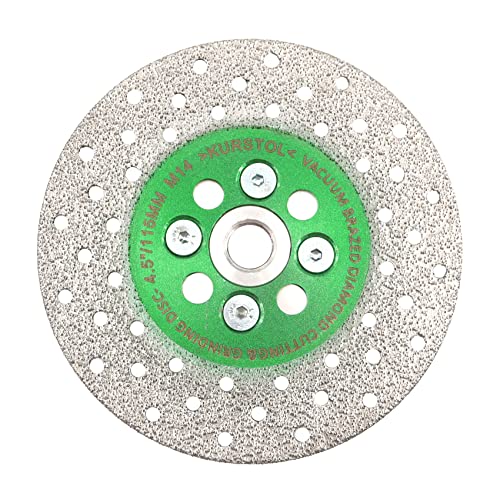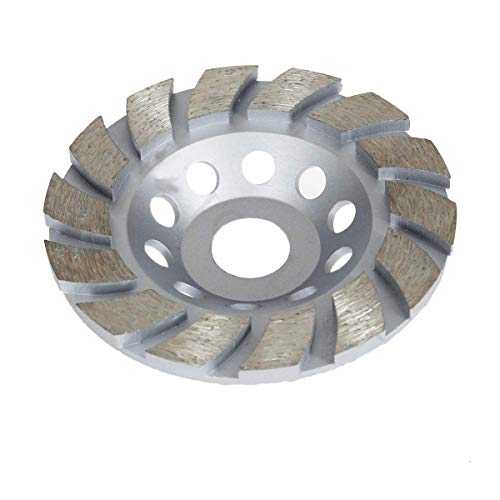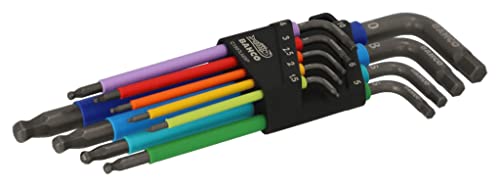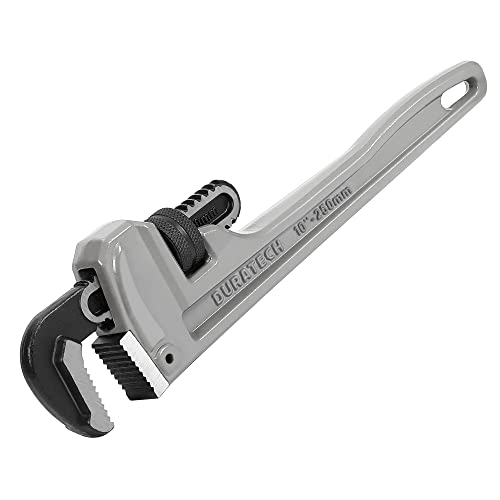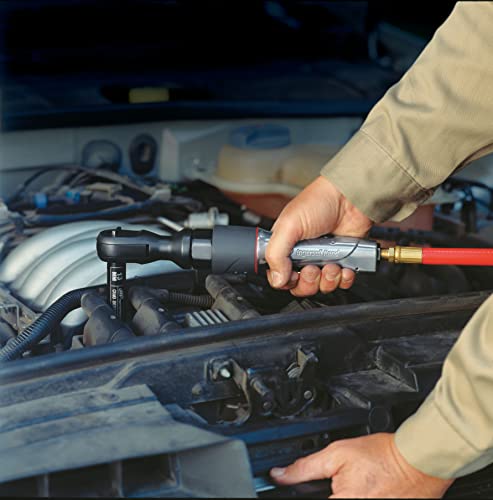Understanding Diamond Grinding Wheels: The Basics You Need to Know
What are Diamond Grinding Wheels?
Diamond grinding wheels are a type of abrasive tool that utilise diamonds as the cutting or grinding material. These wheels are specifically designed to grind, sharpen, or polish hard materials such as metal, stone, and concrete. Their unique composition allows for efficient grinding capabilities, making them a preferred choice in various industries.
How Do They Work?
The core of a diamond grinding wheel consists of a durable material that is bonded with diamonds. During operation, the wheel rotates at high speeds, and as it comes into contact with the target material, the diamonds cut through the surface, effectively grinding it down. This method helps achieve precise finishes and shapes, making these wheels essential for both industrial and home applications.
Types of Diamond Grinding Wheels: Choosing the Right One for Your Project
Different Applications Require Different Wheels
There are various types of diamond grinding wheels available, each suited for specific applications. For instance, a general-purpose wheel can be utilised for most materials, while a specific wheel may be designed for more intricate tasks like sharpening blades. It’s crucial to assess the hardness of the material you’re working with to select the right grinding wheel.
Specialty Wheels for Unique Tasks
In addition to general-purpose wheels, there are specialty wheels such as those for concrete, ceramics, and even glass. If your project involves a challenging material, opt for a wheel specifically created for that substance to ensure optimal performance and results. Pay attention to the wheel’s grit size as well; finer grits yield smoother finishes, while coarser grits are ideal for faster material removal.
Key Features to Look for: What Makes a Great Diamond Grinding Wheel?
Material Quality and Diamond Density
When selecting a diamond grinding wheel, the quality of the material is crucial. Look for wheels with a high diamond density—the more diamonds, the better the grinding capabilities. Additionally, a well-bonded wheel will hold its diamonds securely, providing consistent performance and longevity.
Grit Size and Bond Types
Another important feature is the grit size; a wheel with the right grit will suit your specific grinding needs. Coarse grit wheels (e.g., 30-50) are ideal for quicker stock removal, while finer grit wheels (e.g., 100-300) are perfect for finishing touches. Furthermore, consider the bond type—resin-bonded wheels offer flexibility, whereas metal-bonded wheels are more rigid and durable.
Applications of Diamond Grinding Wheels: How and Where They Can Be Used Effectively
Versatile Uses in Different Industries
Diamond grinding wheels find their applications in various industries, including construction, automotive, and manufacturing. For instance, builders often use them for cutting concrete and masonry, while metalworkers might use them to sharpen tools and achieve smooth finishes on metal surfaces.
Home Projects and DIY Applications
They aren’t exclusive to professional use either—home DIY enthusiasts can also benefit significantly from diamond grinding wheels. Whether you’re renovating your home or repairing tools in your workshop, using the right diamond wheel can make your tasks more efficient and yield impressive results.
Maintaining Your Diamond Grinding Wheel: Tips for Longevity and Performance
Regular Cleaning and Inspection
To ensure your diamond grinding wheel performs optimally, it’s essential to maintain it properly. Regularly clean the wheel to remove any build-up of material that can hinder its effectiveness. Additionally, inspect the wheel for wear and damage to prevent issues during operation.
Proper Storage Practices
Storage also plays a significant role in maintaining your wheel’s condition. Keep the wheel in a dry and clean environment to prevent moisture and dirt from affecting its integrity. Using protective covers or cases can also help shield it from physical damage.





